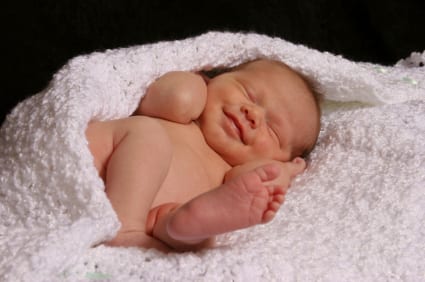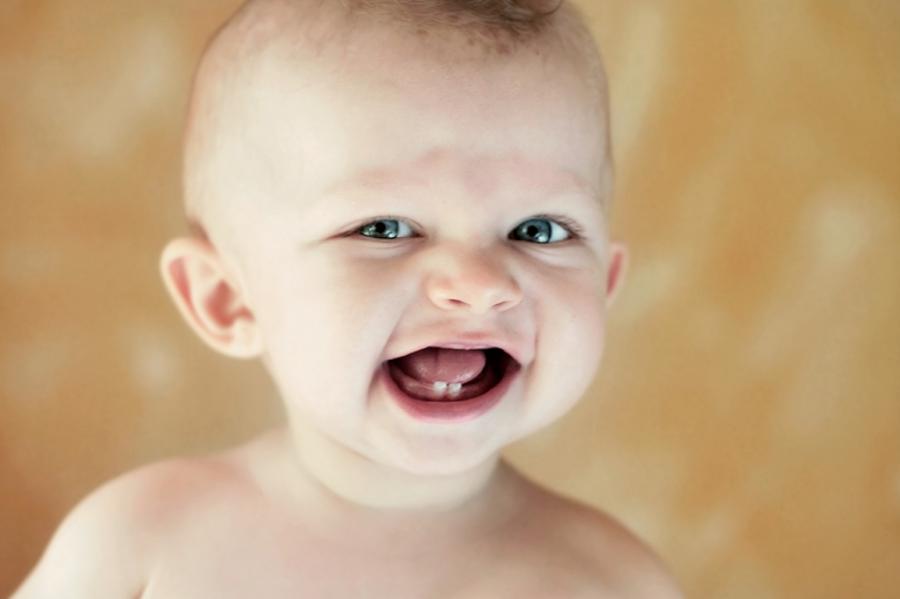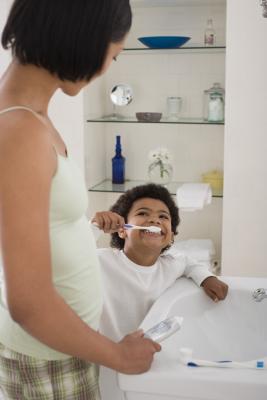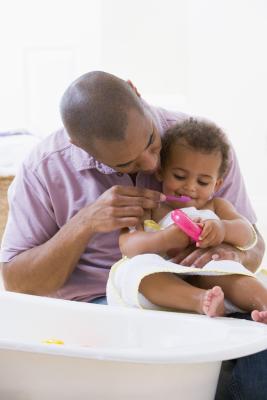Search Results for: tooth decay
All Smiles Should be Healthy, Even the Toothless Ones!
Feeding. Check. Bathing. Check. Diapering. Check. Youve got the basics covered, or so you think. What your pediatrician may not tell you and you may not know is that a newborns gums need care, too.
Early Childhood Caries (ECC)
Baby Bottle Tooth Decay, Baby Bottle Syndrome, Nursing Bottle Mouth, Early Childhood Caries (ECC); these are all terms for tooth decay in a child 6 years old or younger with: 1 or more decayed teeth Missing teeth (resulting from tooth decay) Filled surfaces in any primary (baby) tooth Tooth decay in baby teeth leads to tooth decay in adult teeth. It Can Happen to Your Child
How to Teach Kids About Dental Health
The benefits of a healthy smile stretch beyond the purely cosmetic. Tooth decay can lead to trouble speaking, learning and eating, according to the Centers for Disease Control. Teach your child from a young age the importance of dental health and show him how to care for his teeth by brushing and flossing at least twice a day. Help your child brush his teeth until he’s able to do it successfully on his own.
How Do I Brush Baby Teeth?
Keeping your baby’s mouth and teeth clean is just as important, if not more so, than giving him a regular bath. You’ll need to brush his teeth from the minute the first tooth appears. You should wipe his gums with gauze even before teeth start popping up. Babies can suffer from tooth decay caused by the sugar in milk and other foods. Like adults and older children, they have multitudes of bacteria in their mouths that can grow out of control if the mouth is not cleaned regularly.
When Should a Baby First See a Dentist?
Dental problems, particularly tooth decay, can begin early. So dental examinations are the first step toward good preventive dental care. According to advice offered by the American Academy of Pediatric Dentistry (AAPD), a parent should schedule a child’s initial dental visit once the first tooth comes in, but no later than the first birthday. Routine dental checkups should continue every six months after that. Pediatric dentists point out that once children get that first tooth, they are at risk for tooth decay if their diets include anything other than mom’s breast milk.




